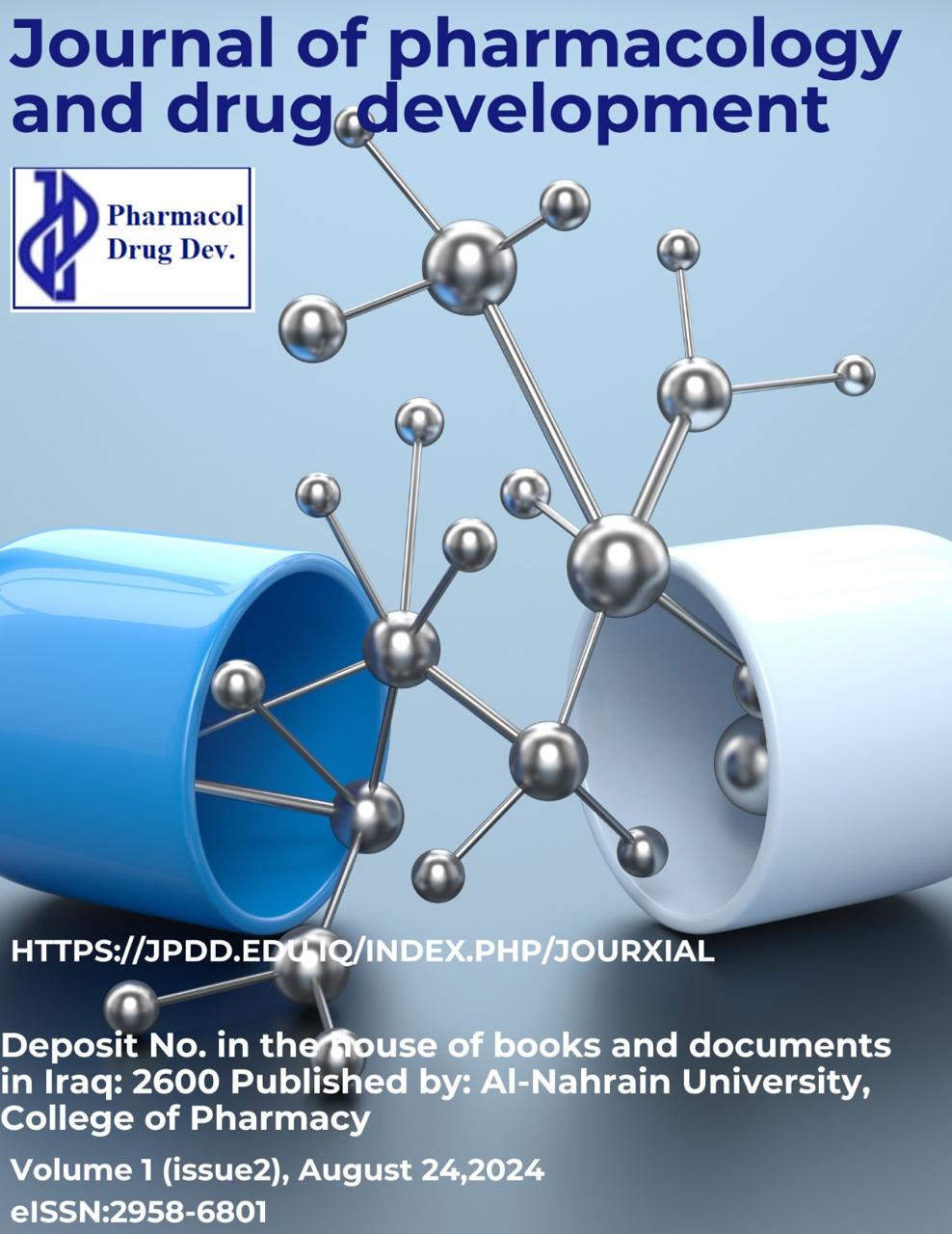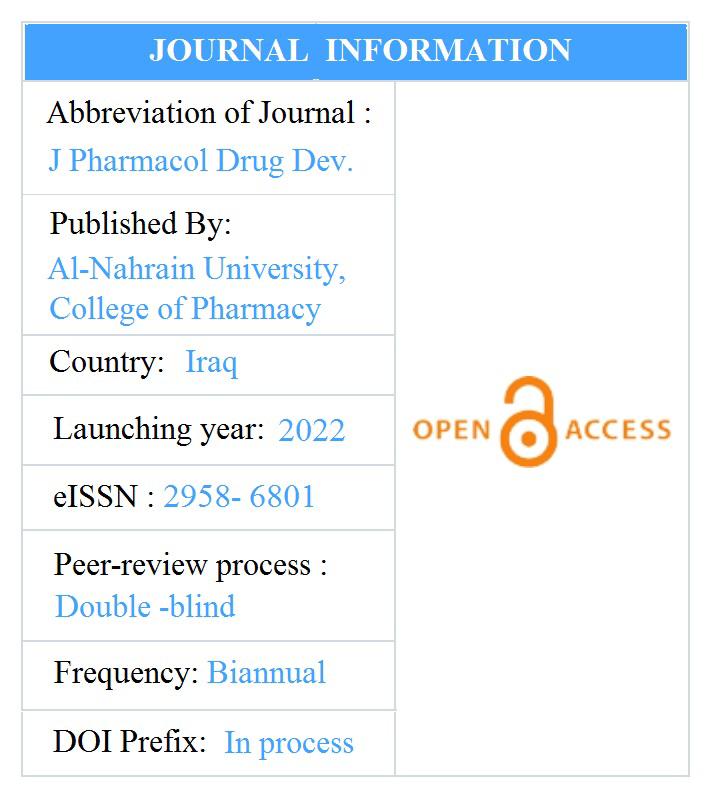Exploring the relationship between medication adherence and hospitalization rate in patients with type 2diabetes mellitus
Keywords:
Medication adherence, T2DM, MMAS-8 score, Anti diabetes treatmentAbstract
Objective: Diabetes mellitus (DM) is one of the most common metabolic disorders in the late twentieth century. Medication adherence is defined by the World Health Organization (WHO) as "the degree to which the person's behavior corresponds with the agreed recommendations from a health care provider, Adherence to therapies is a primary determinant of treatment success. The aim of the current study to compute the level of medication adherence in hospitalized and non-hospitalized patients in order to compare between them and demonstrate the effect of non-adherence on hospitalization rate.Method: Sixty patients were participating in the current study (30 hospitalized,30 non hospitalized) with age ≥ 18 years old, using morisky questionnaire and general questionnaire to collect information that relate to the patient lifestyle, diet, age, sex etc.
Results: It was found that 60% of hospitalized patients involved in the study had low adherents, 26.6% medium and only 13.3% were high adherents compared to non-hospitalized with 33.3% being high adherents, 33.3% low and medium adherents. The study shows the direct relationship between decreased adherence and increased hospitalization rates, also noticed the effects ofage, complexity of treatment, patient- provider interactions and unwanted side effects of medications on the rates of adherence.
Conclusion: The study found that low adherence was higher in hospitalized patients, the rate of high adherence was increased in non-hospitalized patients. Adherence to prescriptions is linked to age, patients' beliefs, education about their health, their trust in health care workers. the complexity of prescriptions which make it even difficult for the patients to commit to their medications especially when the majority of them have other chronic diseases requiring daily medications. Also increases the rate of hospitalization was related to low physical activity and unhealthy diet.





